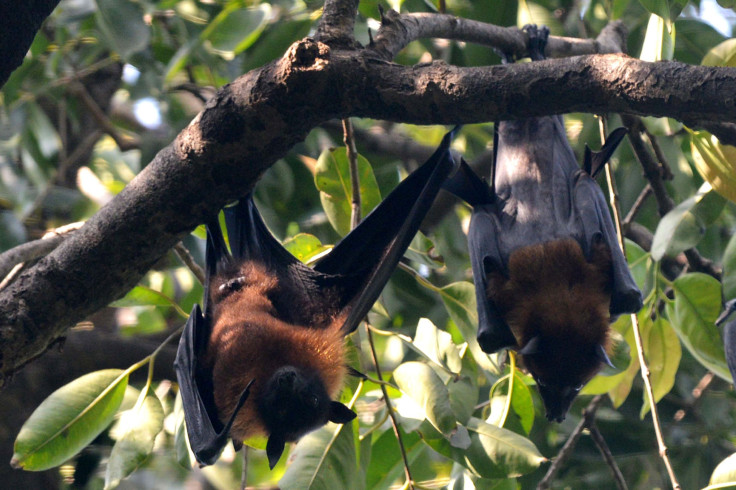5,000 Dead Bats Filled With Maggots Force Woman To Flee Home

A woman was forced to flee her home in Queensland, Australia, after over 5,000 dead bats filled with maggots fell from trees in her front garden recently.
Philippa Schroor was stunned when she saw the deceased bats in her garden when she opened the front door of her house in Edmonton, Queensland, on Nov.27. She said the rotting carcasses filled her house with a foul odor.
A heat wave sweeping through Queensland killed the bats. The incident caused disruption in the nearby community, with a Christmas carol service being canceled due to the powerful stench.
Schroor said Sunday that approximately 5,500 bats have fallen on her property in the past week. This forced her and her two children to move to a temporary accommodation.
“I drove my kids to Gordonvale to stay with friends because the smell was coming through the air cons and burning our skin, so my walls and sheets are impregnated with the smell. I had maggots all over our floor and I couldn’t figure out where they were from but we probably have dead bats on our roof,” she said.
“It was a scene out of a horror movie and there is still putrefied rotting carcasses are everywhere. I cannot return home until I get a cleaner to scrub my walls, furniture, linen, vehicle upholstery before the smell has permeated everything. This is a public health issue," she told The Cairns Post.
A fellow Edmonton resident Lisa Eagleton told Daily Mail that the entire bat colony was either “hanging in trees or dead on the ground."
Referring to the dozens of bins kept outside the house she said, “In those yellow plastic bins are at least 60 to 80 dead bats. And then in every bag you see there's another 20 to 25 dead bats from behind my house.”
“We have had a little bit of help from the Council but only to provide bins and bags. Everybody else has palmed us off, the National Parks and Wildlife Service, Biosecurity Queensland, Queensland Health. Nobody would touch us,” Eagleton told local daily Tropic Now.
Cairns Far North Queensland Wildlife Rescue Operation said over 500 pups have been orphaned by the heat wave.
A Cairns Regional Council spokesperson said they were helping clean up the deceased bats.
“Council is working with The University of New South Wales to collect and freeze a number of the deceased flying foxes for use by researchers who are studying heat stress on the animal. It’s hoped that this will increase understanding of the impact of heat stress on flying foxes to inform improved management of colonies in extreme conditions," the spokesperson said.
Dr. Richard Gair, director of Tropical Public Health service, said the major concern to public health remains disease.
“Dead bats present a health hazard as they may still be infectious with Australian bat lyssavirus. The health advice for anyone cleaning up dead bats is ideally they should have had a full course of vaccination for rabies, they should wear adequate personal protective equipment and use a shovel, rather than using their hands,” he said.
© Copyright IBTimes 2025. All rights reserved.





















